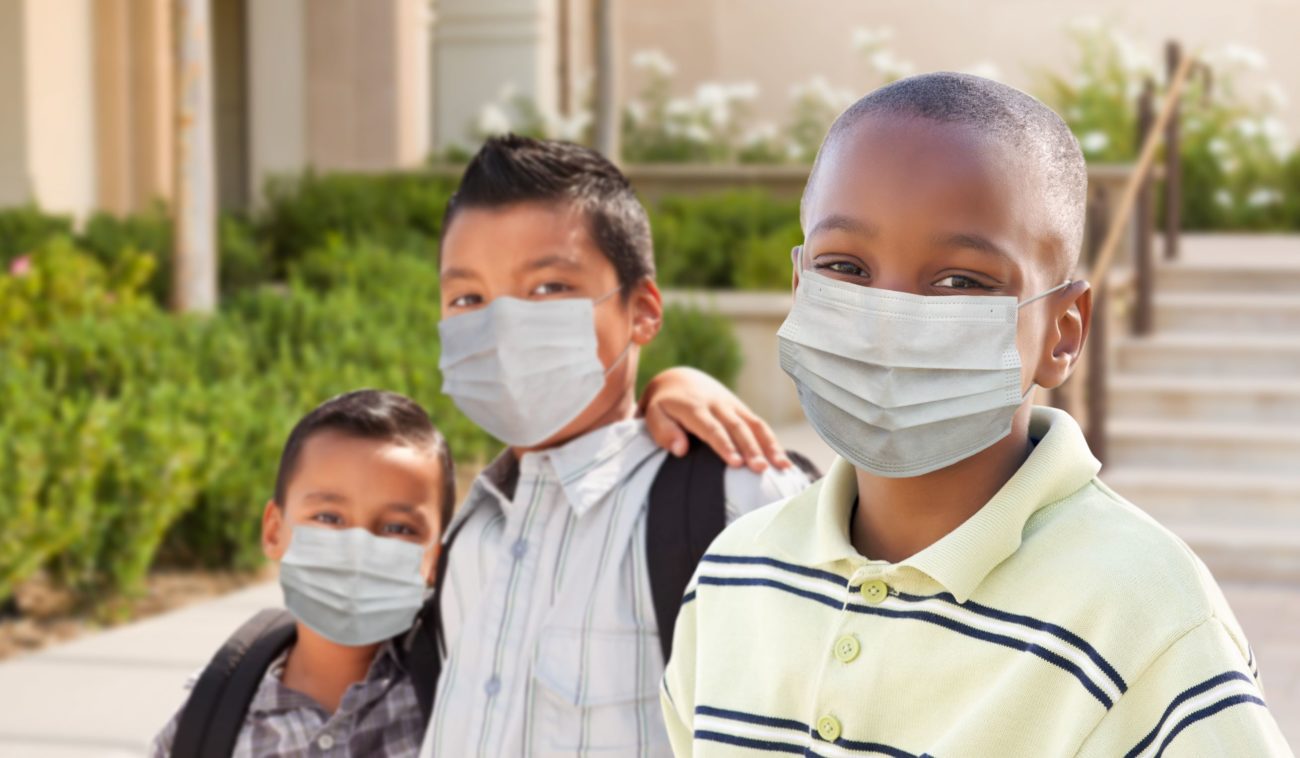Navigating Ragweed Season for Families with Dr. Manav Segal
Chestnut Hill Allergy & Asthma Associates provides answers to your most frequently asked questions.

Thank you to the Philadelphia Family community for your thoughtful questions about fall allergies and ragweed season. Dr. Manav Segal, board-certified allergist and immunologist at Chestnut Hill Allergy & Asthma Associates, provides answers to your most frequently asked questions.
For many allergy sufferers, summer fun is a almost over because ragweed season will arrive mid-August, and it’s going to last longer and be more challenging due to a warm winter and hot summer. For parents, it’s even more difficult to help kids navigate the awkwardness of wearing a face mask with a runny nose and the need to sneeze; plus, how do you navigate ragweed season when it coincides with back-to-school and cold & flu season with symptoms that are similar to those of cold, flu and even COVID-19?
How and when does ragweed pollen trigger allergies?
- In the Philadelphia region, ragweed season ramps up in August, reaching its peak in September—and can linger through early October.
- Ragweed pollen is light as a feather, so it floats just about everywhere, making it nearly impossible to avoid.
- A warm winter and summer enable the season to start earlier and last longer.
What are the symptoms of seasonal allergies and how can I tell the difference between allergies, COVID-19, a cold or the flu?
- Typical allergy symptoms include sneezing, runny nose, and congestion.
- If your symptoms are generated by allergies:
- You should not have a fever.
- Your symptoms should respond to allergy medications.
- You may discover that you feel worse outside and better inside, and you may recognize your allergy symptoms as being typical from previous years.
- Symptoms that may be present with COVID-19 that are not typical of seasonal allergies include persistent dry cough, fever, achy muscles, severe fatigue, nausea, vomiting, and diarrhea. COVID-19 symptoms do not improve with antihistamines, but allergies do.
- If you believe you are ill, in addition to staying home, drinking fluids, and utilizing fever reducers, we advise seeking medical attention, especially if you experience breathing difficulty.




NO COMMENTS